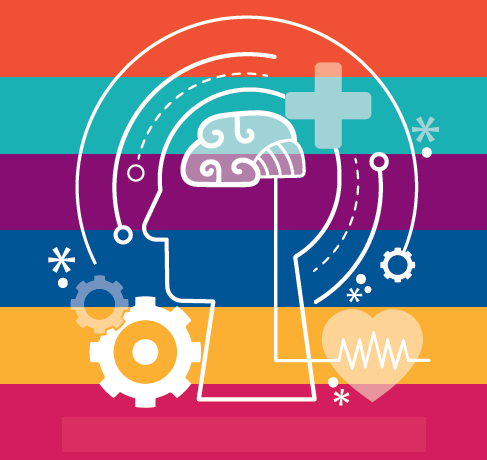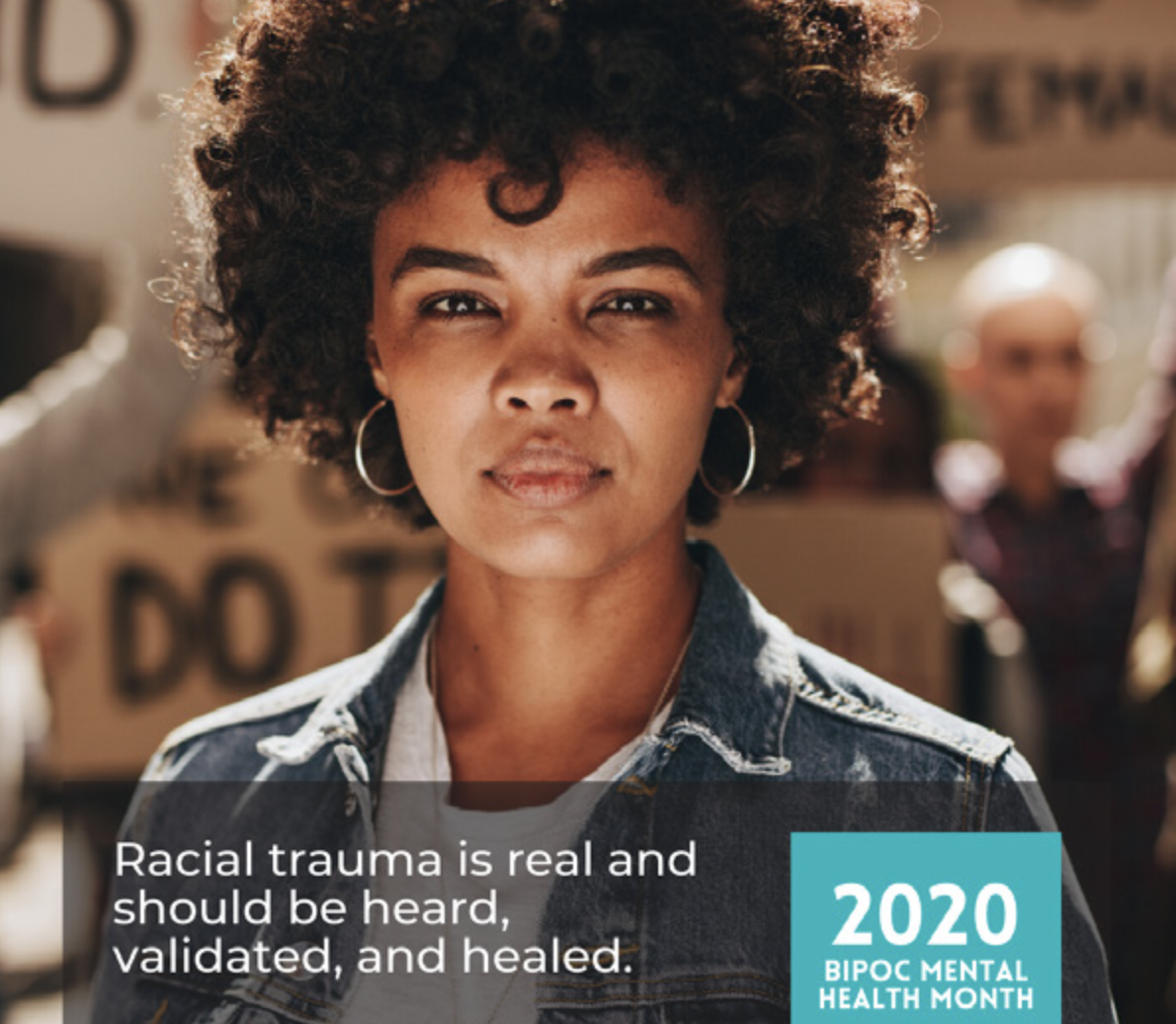July is Bebe Moore Campbell National Minority Mental Health Awareness Month, a time to shine a spotlight on the unique mental health challenges faced by Black, Indigenous, and people of color (BIPOC) communities. In 2024, Mental Health America (MHA) continued its commitment to equity with the release of the BIPOC Mental Health Toolkit, a vital resource designed to foster understanding, support, and action.
Honoring Bebe Moore Campbell’s Legacy
Bebe Moore Campbell, an author, advocate, and trailblazer, dedicated her life to addressing mental health disparities within BIPOC communities. Her work highlighted the intersection of racial identity, family dynamics, and mental health, paving the way for a more inclusive approach to mental health care. Each July, we honor her legacy by continuing her mission to promote mental health awareness and support for all marginalized communities.
Understanding the Challenges
BIPOC communities face unique structural barriers to mental health care, including stigma, cultural misunderstandings, and lack of access to resources. The toolkit aims to dismantle these barriers by providing practical resources, including:
-
- Fact Sheet: Breaking Down Mental Health Stigma in BIPOC Communities: This sheet explores the cultural and structural factors contributing to stigma and offers strategies for creating more open and supportive environments.
- Fact Sheet: BIPOC Mental Health Myth-Busting: It addresses common misconceptions about mental health in BIPOC communities, providing clear, factual information to dispel these myths.
- Fact Sheet: Sharing Generational Wisdom: Highlights the importance of intergenerational dialogue in promoting mental health, offering tips on how different generations can share their experiences and wisdom.
- Worksheet: How to Cope When Your Community is Under Attack: Provides a structured approach to processing emotions, feeling safe, and taking action when facing violence or discrimination.
Key Messages
-
- Breaking the Silence: Open and honest conversations about mental health are crucial for healing. Sharing personal stories can reduce stigma and encourage others to seek help.
- Generational Wisdom: Bridging the gap between generations can foster a deeper understanding of mental health and promote collective healing.
- Tailored Support: Mental health care should be culturally responsive, validating the unique experiences and backgrounds of BIPOC individuals.
- Navigating Stigma/Cultural Differences: Recognize that mental health struggles can be viewed as personal failures or weaknesses in some communities, making it harder to seek help. Respecting cultural beliefs while promoting open conversations can break down barriers.
- Seeking Support: Encourages taking the first steps towards addressing and improving mental health, with the understanding that finding a culturally competent provider can enhance the feeling of being understood.
Taking Action
This month, we encourage everyone to take steps towards improving mental health in BIPOC communities. Here are some ways to get involved:
-
- Educate Yourself and Others: Use the toolkit to learn about the unique mental health challenges BIPOC communities face and share this knowledge with your network.
- Advocate for Change: Contact your local officials to prioritize BIPOC mental health and support policies that promote equity in mental health care.
- Support BIPOC Businesses and Organizations: Strengthen community ties by supporting BIPOC-owned businesses and participating in local events.
Mental Health America’s 2024 BIPOC Mental Health Toolkit is more than a resource; it is a call to action. By honoring Bebe Moore Campbell’s legacy, we can continue to advocate for a future where mental health care is accessible and equitable for all. Let’s work together to create a supportive environment where everyone feels seen, heard, and valued.
For more posts about BIPOC mental health, be sure to follow our Instagram: @_mhaopc_
For more information and to access the full toolkit, visit Mental Health America’s BIPOC Mental Health Resource Center.



